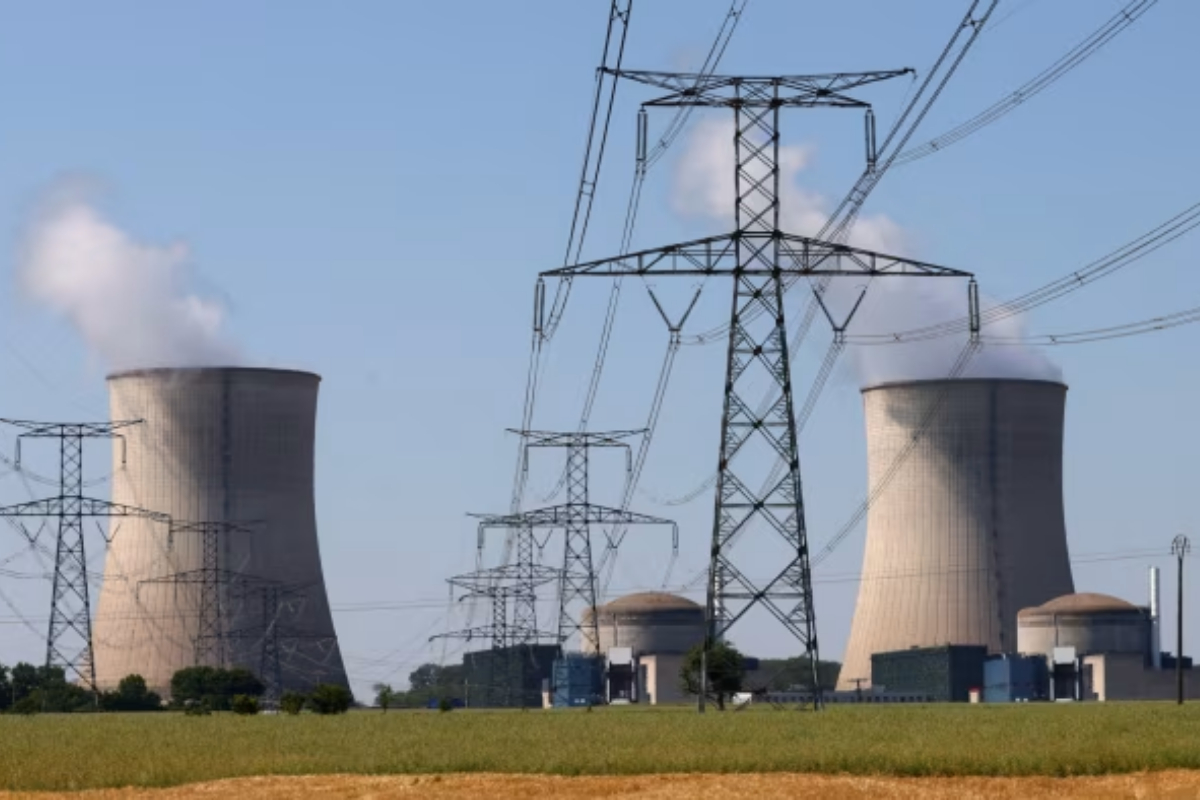- The £300 million investment is to generate up to 24 gigawatts of electricity.
- The plant, to be operational by the 2030s, will be located in northwest England.
- The government aims to secure 95% of Britain’s electricity from low-carbon sources by 2030.
On Sunday, the UK government announced its intention to become the first European country to produce advanced uranium fuel, currently exclusively available from Russia.
The government plans to invest £300 million ($382 million) in constructing a high-assay low-enriched uranium (HALEU) program, aiming to actively displace Moscow from global energy markets.
“We stood up to (Vladimir) Putin on oil and gas and financial markets. We won’t let him hold us to ransom on nuclear fuel,” Energy Secretary Claire Coutinho said in a statement.
“This will be critical for energy security at home and abroad and builds on Britain’s historic competitive advantages,” she added.
HALEU fuel:
Many of the next generation of advanced nuclear reactors, including small modular versions intended for use in the UK, require HALEU fuel. The fuel contains a uranium-235 content ranging from five to twenty percent, surpassing the five percent level typical in most currently operational nuclear plants.
While HALEU production has commenced in the United States, only a Russian facility produces the uranium on a commercial scale, as reported by the International Atomic Energy Agency. The £300 million investment by the British government is a crucial component of plans to generate up to 24 gigawatts of electricity from nuclear power by 2050, accounting for a quarter of the United Kingdom’s electricity needs.
The initial plant, scheduled to be operational by the 2030s, will be located in northwest England. The government aims to secure 95 percent of Britain’s electricity from low-carbon sources by 2030, with complete decarbonization of the grid targeted for 2035.
Recently, Prime Minister Rishi Sunak faced criticism for postponing the ban on the sale of all petrol and diesel cars to 2035, extending it by five years. Critics argue that this decision could complicate achieving the UK’s target of net-zero emissions by 2050.
[embedpost slug=”europe-reaches-milestone-ai-regulation-accord/”]




















